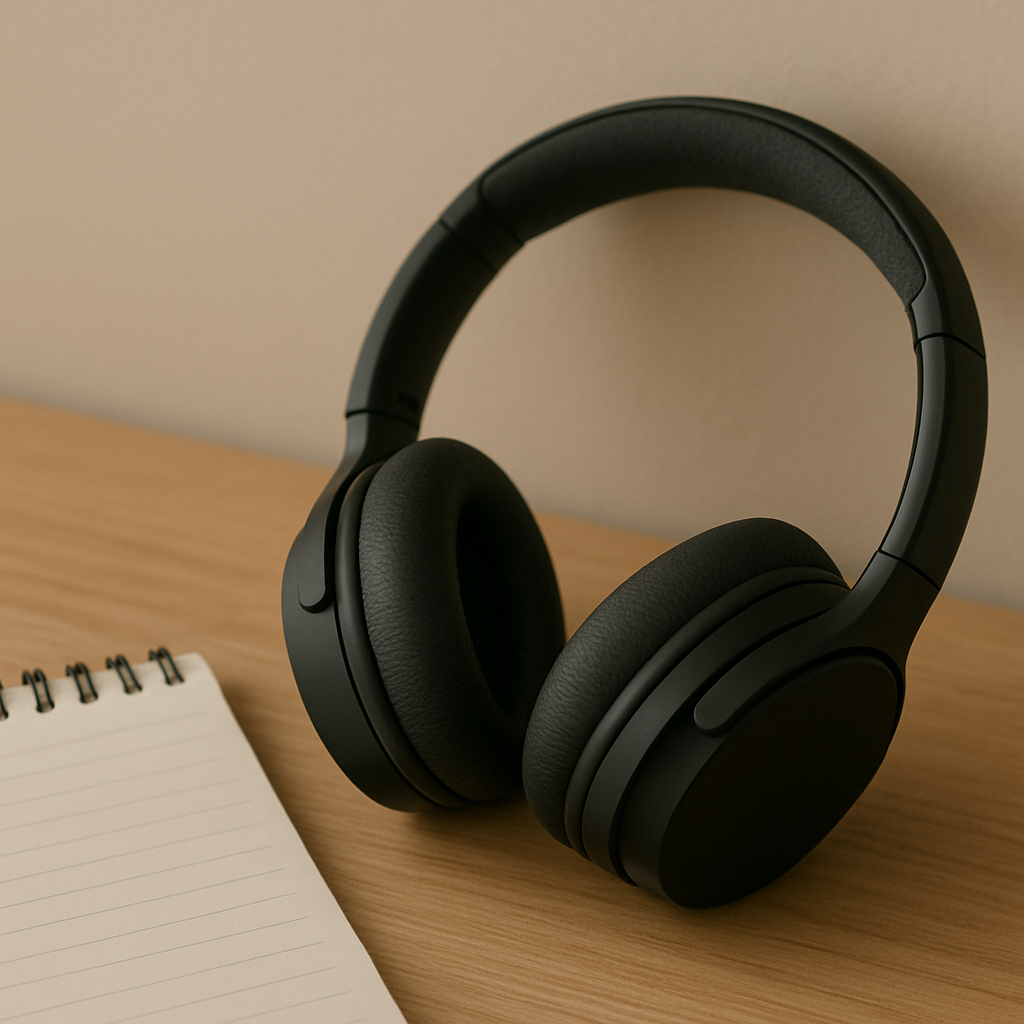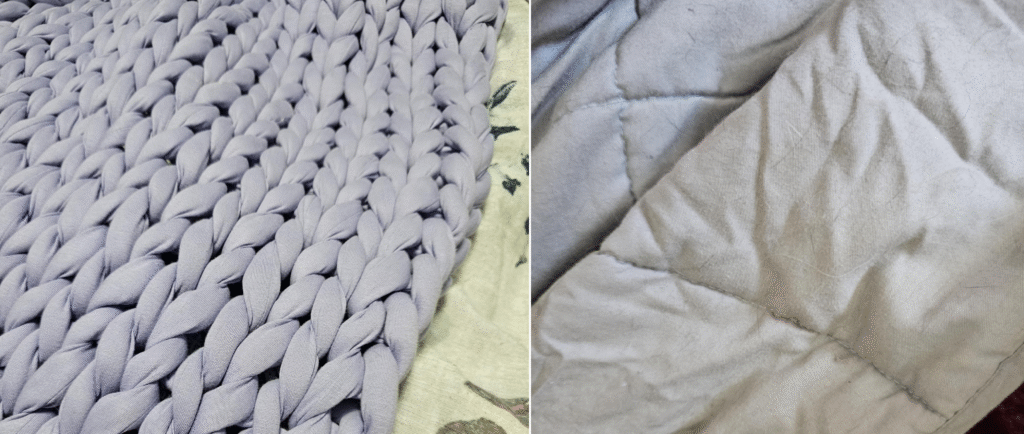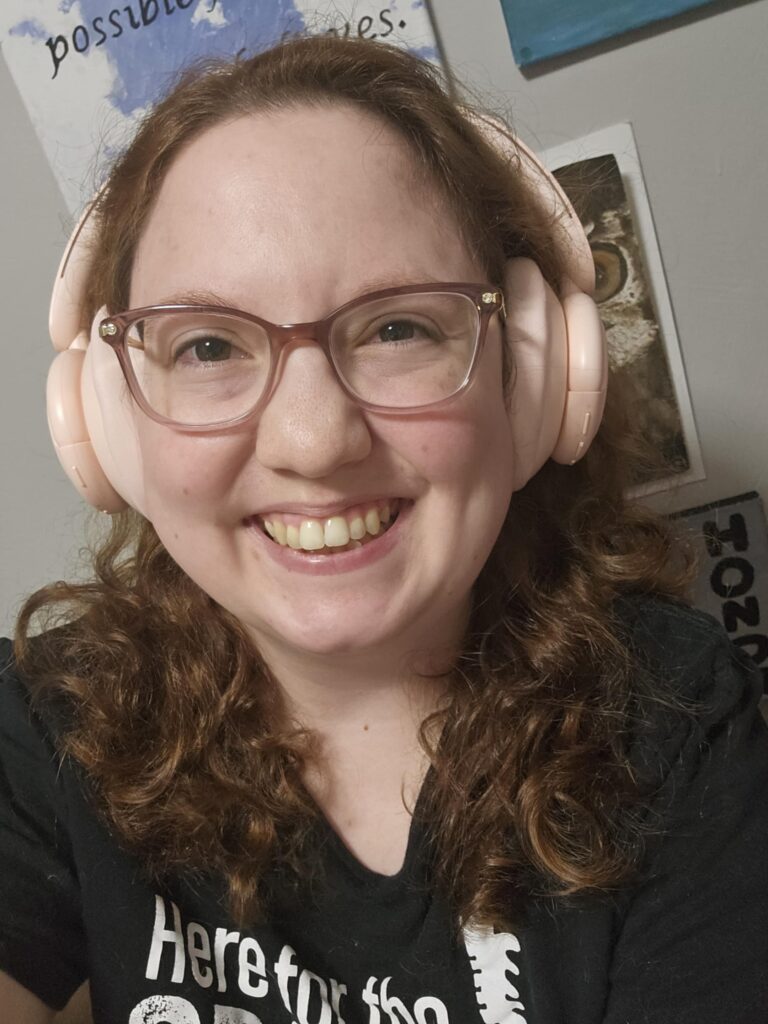By Geneva Bass

Working while sick, disabled, or burnt out isn’t rare. For many of us, it’s a daily occurrence. We show up half-functioning in systems that expect full capacity — and we’re still expected to meet deadlines, perform, and keep it together.
Early in my career, I worked in fast-paced newsrooms at all hours: nights, weekends, holidays — whatever the job demanded. Performing well looked like chasing breaking stories on little sleep. I was younger, healthier, and running on adrenaline more than I realized. Not only do I think that contributed to my future health issues, but I believe I took that resilience for granted.
In my most recent role, working a hybrid schedule split between the office and home, even staying upright at my desk felt like an inner battle. I was constantly trying to stay productive enough to keep up with expectations — but not so productive that I crashed and had to go straight to bed after logging off.
Between my mental health struggles and a growing list of mysterious physical symptoms — I often felt lost, disheartened, and downright awful.
But with the help of therapy and online support, I started practicing coping strategies that made the hardest days survivable. I mean the days where you feel like crying the entire time you’re not on a call or video meeting.
So I want to share the things that help me get through the days I feel like I can — or have to — get through. These aren’t cures, and this list isn’t comprehensive. But they help me avoid breaking myself further.
And if something different helps you, I’d love to hear about it.
1. Weighted Comfort (Yes, Even During Meetings)
Sometimes I work from under a weighted blanket or with a weighted stuffed animal in my lap. It gives my nervous system a place to land when everything feels jagged. It’s subtle, but grounding. And no one has to know — unless you want them to.

I have a couple of weighted blankets I really enjoy – this one from Luna has been a source of comfort for me for more than 5 years – very durable and comes with a washable cover (you can see in the picture that my cats love it too, ha). I just got one from Bearaby that has a weaved design. It’s a little pricier, but I use it literally every day. The cooling fabric is a must-have for me, don’t want to overheat!
2. Noise-Canceling Headphones = Sensory Buffer
I use noise-canceling headphones to cut down on overstimulation, especially during meetings or focus tasks. Even when I’m not playing anything through them, the muffled quiet helps my brain settle. I use mine from soundcore everyday. They work especially well on airplanes, where I have a lot of sensory issues.

3. Easy Fuel Only
On hard days, I don’t force full meals. I snack. I drink protein shakes. I pick small, easy foods that don’t overwhelm my senses or energy. I’d rather stay nourished than crash from trying to meet some ideal meal plan.
4. Breaks That Are Actually Breaks
Sometimes I need to lie down. Or step away for 20 minutes. Or watch a silly video to reset. I don’t always have the flexibility I wish I did — but I give myself more than I used to. It helps.
A Reminder, in Case You Need It
If you’re working while unwell, you’re not weak. You’re not lazy. You’re adapting. That deserves respect — from others, yes, but especially from yourself.
These strategies don’t fix everything. But they’ve helped me get through. And when things feel unbearable, “getting through” is more than enough.
Would you like to add your own tips to this list? I’d love to hear what works for you.
And if you’d like help creating your own flare day kit or custom tool, I’m here for that too.
What helps me is here.
What helps you is welcome.

Leave a Reply